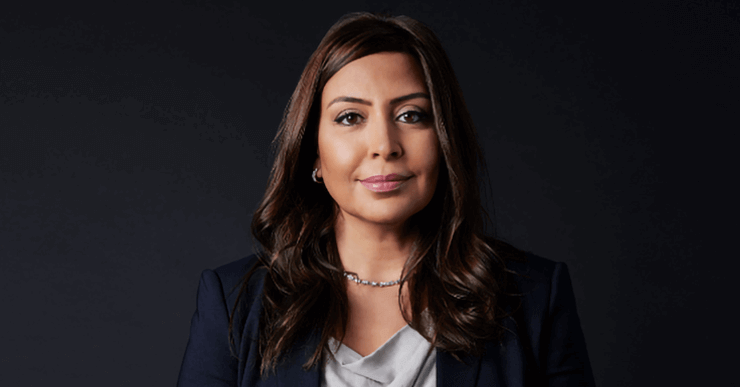
Note From the CEO
After a rather volatile 2022, a year that was characterized by aggressive interest rate hikes, supply-side disruptions, military conflict between Russian and Ukraine, and Brent prices that fluctuated between USD 75-140, we are entering into a new year with its own set of challenges and uncertainty.
Higher interest rates will affect equity and fixed income markets differently, but markets will also be keeping a close eye on how much further central banks will raise rates to keep inflation under control. A delicate balance needs to be reached in order to avoid a significant recession given the slowdown in demand and capex that are the natural outcomes of higher rates.
GCC markets and economies fared better than their global peers in 2022 and with reasonably high oil prices, governments are entering into the new year with a comfortable fiscal cushion with which they can pursue national priorities. Equity markets have also been particularly active in the primary issuance space with a plethora of IPOs, primarily in Saudi Arabia and the UAE. It was no surprise that we witnessed the first highly successful primary dual listing in the region with the IPO of Americana at the end of 2022. GCC markets will need certain triggers to ensure investor appetite remains high. Even though equity market turnover fell considerably in the second half of 2022 after rates spiked and funds flowed towards fixed income, a robust IPO pipeline indicates that investors will have opportunities to invest in a diversified new basket of offerings that are the first of their kind for some countries and sectors.
All eyes will also be on how quickly and effectively governments can channel excess liquidity from oil revenues into real spending on the ground to create a trickle-down effect in the economy. Pursuing long-term reforms will be equally essential. The UAE has committed to introducing a new corporate tax in the second half of 2023, the impact of which remains to be seen. Governments across the GCC will also need to provide more clarity on energy reforms and pricing for industry.
Export-focused commodity industries and oil will no doubt face risks if the US and Europe enter into any kind of significant recession but there is also upside from increased demand as China opens up post COVID restrictions. For the time being it appears that the recent COVID wave in China may not directly impact the GCC given the high rates of vaccination in the region, but a resurgence of the virus does stand as a tail risk.
A continuation of the OPEC+ agreement to manage supply and demand volatility will be essential to maintain strong oil prices during the year. However, there is broad market consensus that Brent will hover at USD 80+ range in 2023. This implies that while we may experience an overall fiscal surplus decline Y-o-Y, GCC economies will remain in good shape with enough firepower to pursue critical projects.
I look forward to a productive 2023. Despite the challenges, I’m optimistic and have full confidence in the ability of our team at SICO to navigate the year successfully and continue generating alpha for our clients.